Iranian fuel delivery to Lebanon disrupts US hegemony in Western Asia
By Denijal Jegić
Amidst Lebanon’s grave crisis, the resistance movement Hezbollah has facilitated the import of tons of fuel from Iran. Confronting the increasing isolation of Lebanon, the cooperation between Iran and Hezbollah indicates a break of US sanctions and further disrupts Washington’s hegemony in Western Asia.
Iranian fuel arrives in Lebanon.
The first convoys of trucks carrying oil from Iran arrived in Lebanon via Syria this week, welcomed by cheering Lebanese citizens. A banner declared "Thank you Iran. Thank you Assad's Syria.”
The import from Iran comes at a crucial time. Lebanon has been collapsing due to an economic and political crisis. Most of the population now lives below the poverty line. The already fragile electricity supply has further diminished due to a severe fuel shortage. Much of the population is left without proper electricity.
Hezbollah will donate the first fuel delivery to institutions in need, including hospitals, nursing homes, the Red Cross, and orphanages.
When Sayyed Hassan Nasrallah announced the fuel import last month, he spoke of an economic war against Lebanon that is led by the United States and is benefitting the Israeli regime. Hezbollah’s requests to purchase fuel from Iran at a lower price in Lebanese currency were rejected by the Lebanese government out of concern over further US sanctions. While Western powers deny that there is a blockade against Lebanon, they have tied prospective aid to Lebanon to the enactment of political reforms.
Breaking the sanctions
The successful delivery of fuel from Iran through Syria to Lebanon is a significant achievement, given that all three countries are faced, directly and indirectly, with international sanctions as part of the US maximum pressure campaign.
Lebanon is being punished in the foreign efforts against Hezbollah, primarily because of the resistance movement’s deterrence against the Israeli regime. Indeed, a major goal behind the pressure waged against Lebanon by both external forces and local proxies is to weaken and potentially coerce the resistance movement into surrender.
Hezbollah is not only a major political party in the country and an indigenous resistance movement, but also a representative of a large part of the Lebanese population and a regional military power. Israel faced major defeats by Hezbollah which remains the colony’s most imminent threat. The continuous Israeli attempts to confront Hezbollah have failed.
And so have the US sanctions
While the sanctions are a major obstacle to cooperation within the region, the legal or moral legitimacy of these sanctions is rarely questioned by US allies. To some extent, the brutal sanctions have been accepted as a natural circumstance, although, as a means of economic warfare, they effectively lead to the death of ordinary people. The fear of provoking further US actions has shaped the political situation in Lebanon.
Former Prime Minister Saad Hariri, an ally of the US, previously rejected the Iranian fuel shipment, claiming that Hezbollah’s announcement to import fuel was a threat and a violation of Lebanese sovereignty. He feared sanctions. On the same day of Hariri’s comments, Israel invaded Lebanese airspace to carry out airstrikes against Syria, using civilian airplanes over Beirut as human shields. The US allies remained largely silent on these violations of Lebanese sovereignty.
Sanctions are not working
The effects of the isolation of Lebanon are directly felt by its population, including those who support the United States, while Washington has not reached its political goals. In fact, the recent developments emphasize that the maximum pressure campaign waged by Trump and now Biden is failing.
In a surprising move, Cesar Maalouf, an MP of the right-wing pro-US party “Lebanese Forces” that is known for its anti-Iranian stance, fierce opposition to Hezbollah, and previous collaboration with the Israeli regime, recently came out in support of Iranian aid. He asked why Lebanon should not be allowed to receive aid from an ally, when the West and Arab regimes have failed the country.
Earlier this month, the outgoing Lebanese caretaker government met with Syrian government representatives in Damascus in the first official visit in a decade. Syria agreed to transit gas and electricity from Egypt and Jordan to Lebanon.
The United States approved of these plans, effectively agreeing to waive its sanctions on transactions with the Syrian government. This came after Sayyed Nasrallah’s initial announcement of the oil delivery in August. It seems that the United States is confronted with a lack of options, as its maximum pressure from the outside has resulted in increased cooperation between those who are marginalized and sanctioned by US imperial policies.
Disrupting the power of the US in Western Asia
Neither the US nor Israel prevented the Iranian fuel from reaching Lebanon. Besides new sanctions against individuals affiliated with Hezbollah, the US response was rather muted.
Former US Secretary of State Mike Pompeo declared a year ago that the US would do everything possible “to make sure that Iran cannot continue to sell crude oil anywhere, including to Hezbollah in the region.” In fact, a US senator now acknowledged that sanctions against Lebanon have been ineffective.
Despite the stubborn imperialist efforts, Iran and Hezbollah have been able to defy the sanctions and strengthen their cooperation, which is, after all, based on shared solidarity - a concept that seems to pose a significant threat to the US role in the region.
Denijal Jegić is a researcher and author, currently postdoctoral research fellow at the Lebanese American University in Beirut, where he teaches multimedia journalism and communication. He holds a PhD in American Studies. His work focuses on colonialism, resistance, and media representations with a particular emphasis on Palestine. He is the author of the book “Trans/Intifada: The Politics and Poetics of Intersectional Resistance.”
(The views expressed in this article do not necessarily reflect those of Press TV.)
Yemeni FM: Israel’s sponsors accountable for ongoing aggression on Sana’a
Eight Palestinians killed as Israel attacks Gaza school, hospitals
VIDEO | Rome, Milan host new protests in solidarity with Palestinians
Dec. 21: ‘Axis of Resistance’ operations against Israeli occupation
Spain jurists demand ties with Israel ties be cut
VIDEO | Press TV's news headlines
VIDEO | Iran honors top Science Olympiad medalists
VIDEO | Austrians arrested at Gaza protest in Vienna


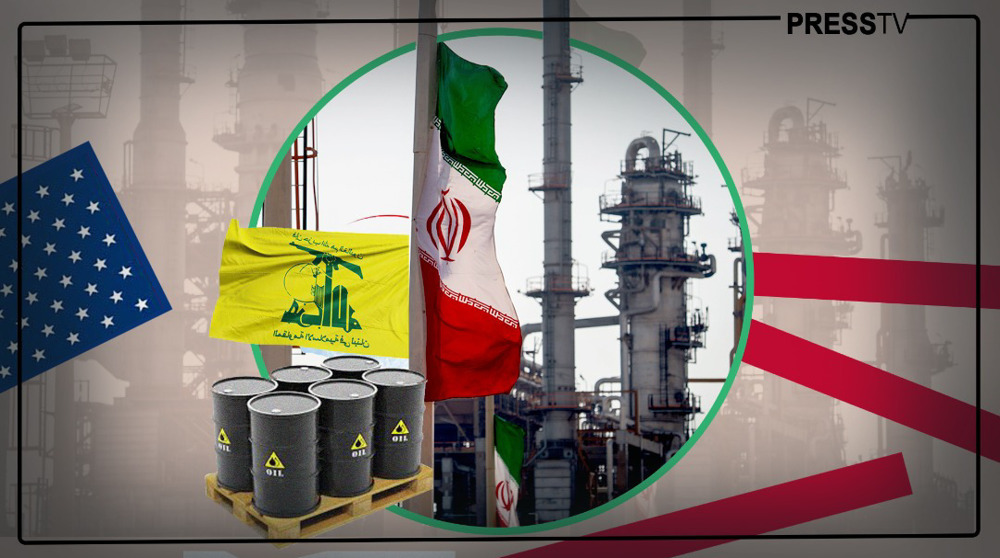

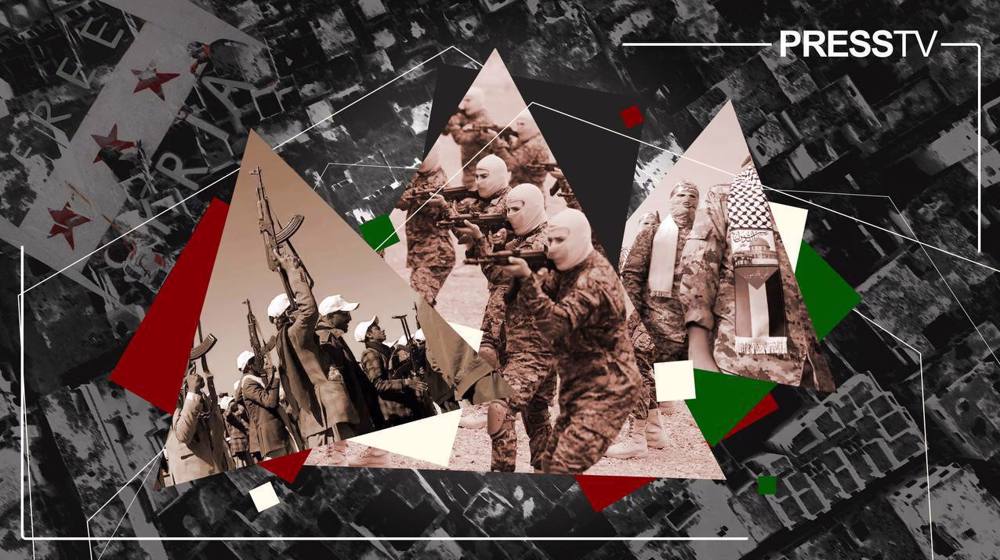
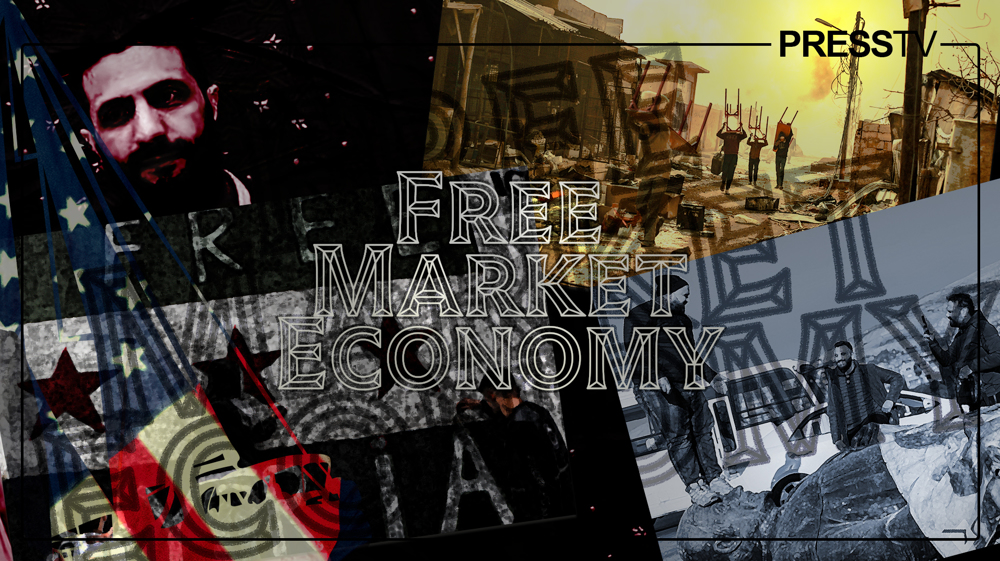



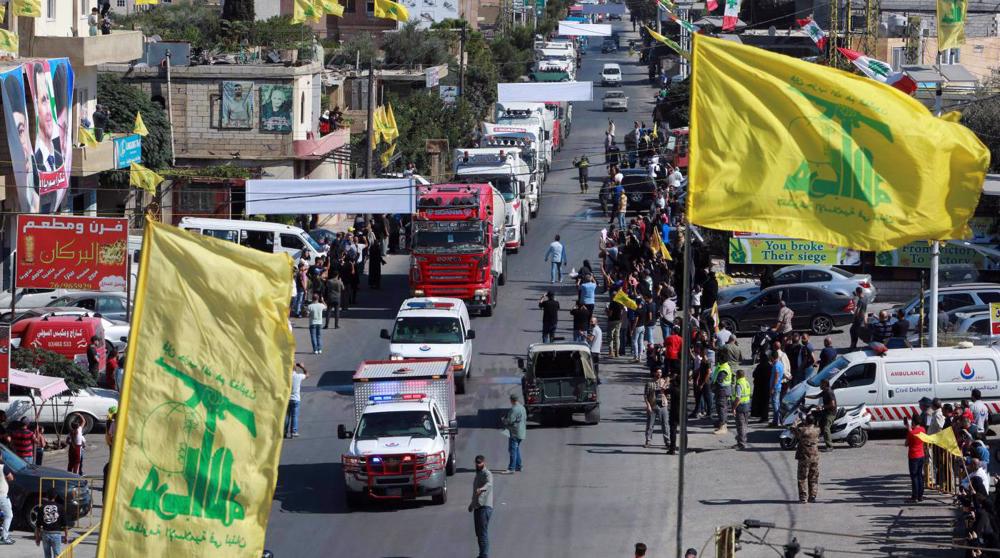
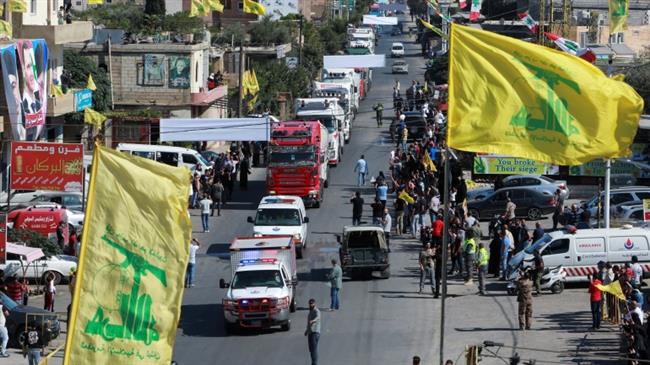
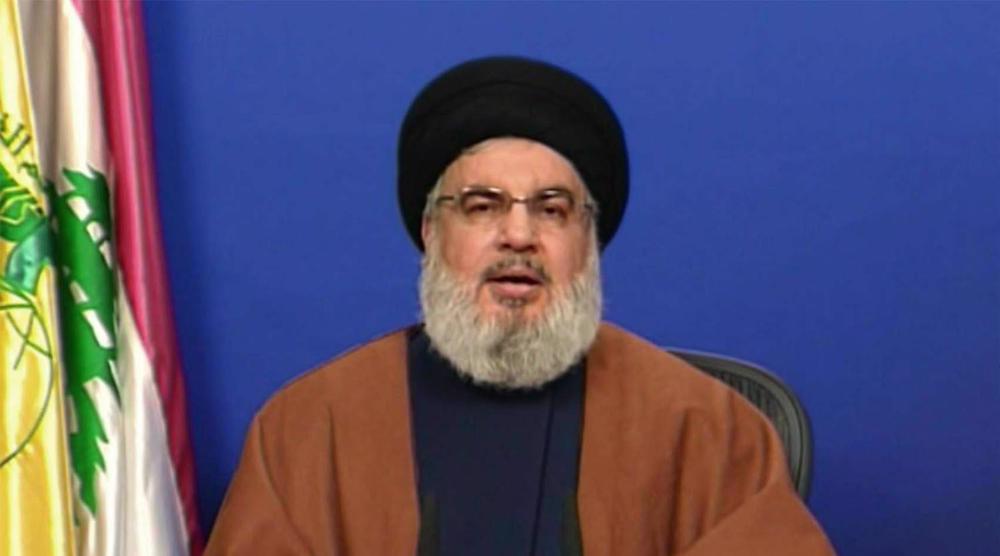

 This makes it easy to access the Press TV website
This makes it easy to access the Press TV website